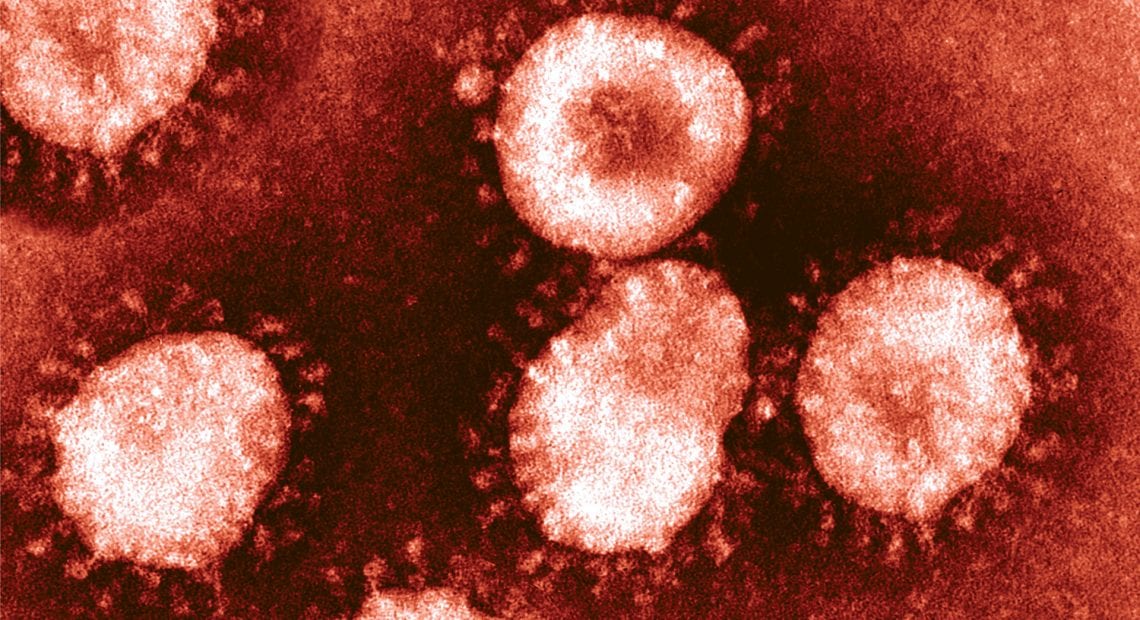
Governor Pauses Phase 3 of Reopening as Infections Tick Upward
A Temporary Setback
Several weeks of good news about COVID-19 infections in Massachusetts were no reason to party. In fact, parties were probably a bad idea.
Citing a proliferation of large parties as one likely factor in Massachusetts’ recent uptick in infections, Gov. Charlie Baker announced a temporary pullback of the state’s reopening efforts.
On Aug. 7, the governor not only postponed the second stage of phase 3 — affecting a range of businesses that cater to groups of people — but called for increased enforcement efforts to crack down on violations of the state’s COVID-19 regulations.
Postponing the second stage of phase 3 means theaters and performance venues still can’t hold indoor shows, and activities like laser tag, roller skating, trampolining, and obstacle courses remain on hold as well. Businesses expecting to reopen in phase 4, such as bars, overnight camps, and arcades, will obviously remain closed as well.
Baker also signed an order reducing the limit on outdoor gatherings from 100 to 50 people, while the limit on indoor gatherings remains at 25 people. Face coverings are required at gatherings where more than 10 people from different households will interact.
On Aug. 7, the governor not only postponed the second stage of phase 3 — affecting a range of businesses that cater to groups of people — but called for increased enforcement efforts to crack down on violations of the state’s COVID-19 regulations.
The local chapter of the National Federation of Independent Business called Baker’s decision to pause the state’s reopening “extremely disappointing,” adding that, “instead of delaying the opening of certain businesses, many taking every step imaginable to keep workers and customers safe, the administration should pursue the private gatherings that are causing the problems.”
The number of active COVID-19 cases in Massachusetts rose nearly 25% between July 29 and Aug. 5, and new COVID-19 infections are once again outpacing recoveries. As of last week, there have been 8,519 deaths and 112,673 cases reported by the Massachusetts Department of Public Health. The percentage of coronavirus tests coming back positive, on average, is down slightly at 1.8%.
In other guidance, Baker reiterated that restaurants may serve alcoholic beverages only for on-site consumption if accompanied by orders for food prepared on site. The administration will take measures to ensure that bars masquerading as restaurants will be closed.
The administration also announced a targeted, cross-agency team responsible for ramping up enforcement statewide and coordinating local intervention efforts at the local level in higher-risk COVID-19 communities. Those supports will include:
• Targeted interventions and inspections by a range of member agencies;
• Cease-and-desist orders for businesses and organizations in violation of the COVID-19 orders;
• Support for local and state officials in exercising their authority to fine restaurants or suspend or cancel liquor licenses when restaurants do not comply with required safety measures;
• Targeted public messaging (like road signs and PSAs) to alert residents of higher-risk COVID communities;
• Technical support to local government officials to support enhanced local COVID-19 prevention efforts, such as assistance in accessing CARES Act funding;
• Potential restrictions or shutdowns for parks, playgrounds, businesses, or other entities believed to be contributing to COVID-19 spread in higher-risk communities; and
• Additional public-health support, such as testing, tracing, and quarantining.
Additionally, previously announced free COVID-19 testing in 17 communities, including Springfield and Agawam, has been extended through Sept. 12.
Finally, a travel order, which went into effect Aug. 1, stipulates that all visitors and residents returning to Massachusetts from high-risk areas must either quarantine for 14 days or produce negative COVID-19 test results upon return into the state.
Individuals who have not received test results prior to arrival are required to quarantine until they receive a negative test result. Violators may face a $500 fine per day.
States considered lower-risk, and thus exempt from the travel order, include Connecticut, Vermont, New Hampshire, Maine, New York, New Jersey, and Hawaii. Other exemptions to the travel rules include people passing through, people who commute across state lines for work or school, and people coming to the state for medical treatment or military purposes.
Rhode Island was initially exempt from the travel order, but is now considered a higher-risk state. Still, Baker said people on either side of the border may make trips back and forth for errands or work.
— Joseph Bednar





